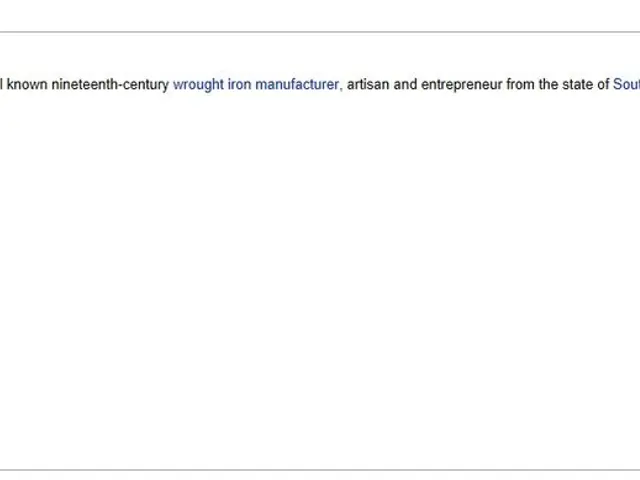Obstacles to youth empowerment in Spain are predicted to persist in the coming years
In a recent report published by the Spanish association Ayuda en Acción, titled "Employment and Youth in Spain: A Look to 2030", concerns about the low emancipation rate among Spanish youth were highlighted. The report, released on April 11, 2022, predicts that this trend will continue, with the emancipation rate remaining below the EU average and lower by 2030.
One of the key contributing factors to this situation is the high youth unemployment and job instability in Spain. According to the report, the unemployment rate for those under 25 was around 37% during the 2008 financial crisis, but has since improved to 29.3% in February 2022. However, this rate still far exceeds the generally acceptable level, leading many young Spaniards to delay leaving their parental homes and achieving financial independence.
Another significant issue is the lack of entrepreneurship skills and opportunities. Despite many young people expressing interest in entrepreneurship, only a small percentage are engaged in start-up businesses. This situation is partly due to economic conditions and structural challenges that affect labor markets broadly in Europe, including Spain. Limited availability of skilled jobs restricts youth access to sustainable employment.
The cost of living and housing market difficulties also play a crucial role in hindering youth emancipation rates. In Barcelona, Spaniards under 25 had to spend 84% of their salary on rent in 2020, far exceeding the generally acceptable rate of 30%. Rents in Barcelona reached a record high in the third quarter of 2022, making independent living financially challenging. Even in the Balearic Islands, the rate of young people spending a high proportion of their salary on rent may be higher, nearing 100%.
To address these issues, the report recommends the adoption of taxes on empty homes to increase the supply of rental apartments. It also suggests improving the energy efficiency of buildings to reduce associated housing costs. Furthermore, improving employment prospects, entrepreneurship education, skill development, and affordable housing measures are crucial for improving the emancipation rate among Spanish youth.
The Basque government is already taking steps in this direction, helping around 15,000 young people pay their rent through financial aid or subsidized housing. However, without significant improvement, the predicted emancipation rate among Spanish youth by 2030 is expected to remain low.
The report's findings align with broader EU trends where youth unemployment and skill mismatches are significant obstacles to economic independence for young people. It is hoped that targeted policy interventions will help address these systemic barriers and improve the prospects for Spain's young generation.
[1] Source: European Commission, Eurostat, and various research studies on youth unemployment, entrepreneurship, and housing in Spain and Europe.
- The report suggests that improving employment prospects, entrepreneurship education, skill development, and affordable housing measures are crucial for the emancipation rate among Spanish youth, a key aspect of the policy-and-legislation in the politics sphere.
- The Basque government's initiatives to help young people pay their rent through financial aid or subsidized housing are a part of the general-news discussion on the emancipation rate, reflecting broader EU trends in youth unemployment and skill mismatches.








